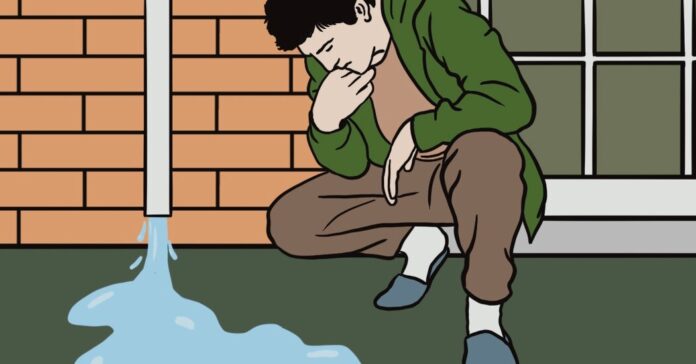Q: My co-op building in Manhattan somehow allowed a shareholder three floors above me to install HVAC units with drain pipes running through the exterior wall. A flush of liquid, like turning on a faucet, regularly flows onto my private garden patio just outside my door. I personally objected to the Board President at the time of installation, submitted written complaints to the Board, and contacted 311. The board does not respond. Can the board really allow this and is it reasonable to expect a lawyer to resolve the matter in my favor?
A: It sounds like this HVAC system is not working properly, but approach the situation in a neighborly manner before filing a lawsuit, which should be a last resort.
Start by documenting the problem with pictures and videos. Then have a friendly conversation with the neighbor and make them aware of the impact HVAC operations are having on you.
When someone knocks on their door, a peacemaking gift like cookies or a bottle of wine can help defuse a potentially hostile encounter, said Tina Larsson, CEO of Folson Group, a condo and cooperative building management consultant. “Be non-threatening at the beginning, with something like 'You're probably not aware, but…' and explain the situation,” Ms. Larsson said.
Legal action against the board would be expensive and difficult. Directors are protected by the Business Judgment Rule, which gives them the opportunity to defend most of their actions in court unless the actions were done in bad faith or violated the law. “It's an awfully steep climb to overcome,” said Bruce A. Cholst, a Herrick partner.
It would take a lot of money to prove negligence on the part of the co-op, and even then it might not work, he said.
If your efforts to work with your neighbor fail, you may need to hire an attorney to take legal action against them for either the contractor's faulty installation or the neighbor's improper operation of the system. That claim is much more direct and easier to prove, Mr. Cholst said.
Before any lawsuit, send a letter written by an attorney. This might scare the neighbor, but it shows you are serious. The letter should urge the neighbor to correct the problem and indicate the possibility of financial damages and a court order to repair the HVAC system. Additionally, suggest that the neighbor forward the letter to his homeowner's insurance company.
“If you can get the insurance company to pay, the problem will be resolved much more quickly,” Mr. Cholst said.
For weekly email updates on residential real estate news, sign up here.


















